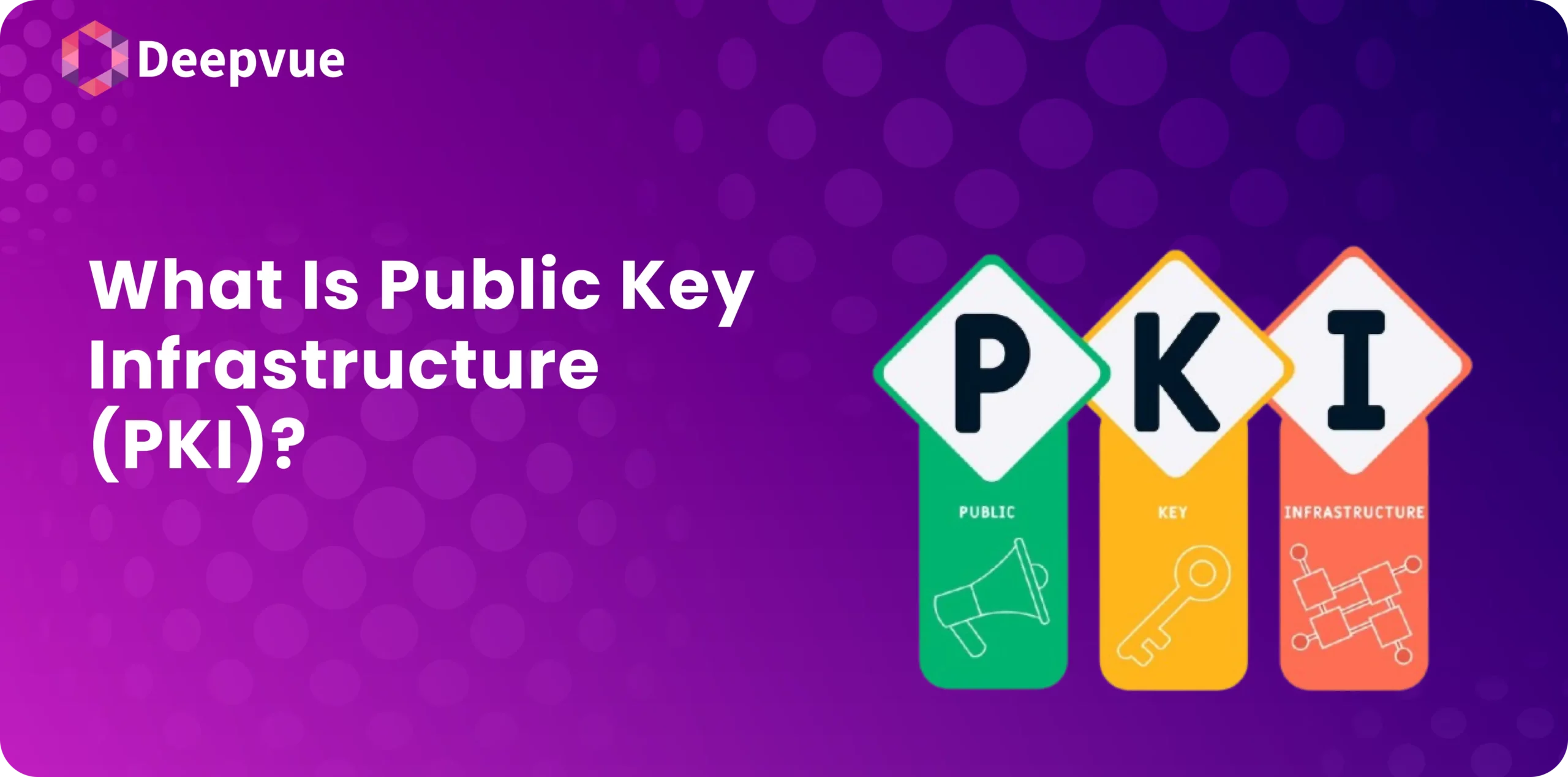Understanding Enhanced Due Diligence (EDD)
Enhanced Due Diligence (EDD) is a more rigorous and thorough process of verifying the identity and assessing the risk of higher-risk customers or transactions. EDD goes beyond standard Customer Due Diligence (CDD) to provide a deeper understanding of the customer and mitigate potential risks associated with money laundering, terrorism financing, and other illicit activities.
When is Enhanced Due Diligence Required?
- High-Risk Customers: EDD is required for customers who pose a higher risk, such as politically exposed persons (PEPs), individuals from high-risk jurisdictions, or customers with complex ownership structures.
- Large or Unusual Transactions: Transactions that are unusually large, complex, or inconsistent with the customer’s known profile may trigger the need for EDD.
- Suspicious Activities: Any suspicious activities or red flags identified during standard due diligence processes necessitate EDD to investigate further.
Key Components of Enhanced Due Diligence
- In-Depth Customer Verification: Conducting a more comprehensive verification of the customer’s identity, including additional documentation and information about the customer’s background and business activities.
- Source of Funds: Obtaining detailed information about the source of the customer’s funds and wealth to ensure they are legitimate and not derived from illicit activities.
- Ongoing Monitoring: Implementing enhanced monitoring of the customer’s transactions and activities to detect any unusual or suspicious behavior. This includes more frequent reviews and updates of the customer’s risk profile.
- Enhanced Documentation: Maintaining detailed records of the EDD process, including all information obtained and the rationale for decisions made. This documentation is crucial for regulatory compliance and potential audits.
Importance of Enhanced Due Diligence
- Risk Mitigation: EDD helps identify and mitigate risks associated with high-risk customers and transactions, protecting the financial institution from potential involvement in illicit activities.
- Regulatory Compliance: Ensures compliance with AML regulations and other legal requirements, helping to avoid legal penalties and sanctions.
- Reputation Protection: Demonstrates a commitment to ethical business practices and regulatory compliance, enhancing the institution’s reputation and building trust with customers and stakeholders.
How to Conduct Enhanced Due Diligence (EDD)
Enhanced Due Diligence (EDD) involves thorough assessment of high-risk customers. It includes:
- Customer Identification: Collect comprehensive ID details and verify documents.
- Risk Assessment: Evaluate customer risk using models and categorize risk levels.
- Source of Funds: Investigate and verify the source of funds and wealth with supporting documents.
- Purpose of Relationship: Understand and document the business relationship’s purpose.
- Ongoing Monitoring: Continuously monitor transactions with automated systems.
- Record Keeping: Maintain detailed records for regulatory review.
- Periodic Reviews: Regularly update customer information and risk profiles.
Examples of Customers Who Always Require EDD
- Politically Exposed Persons (PEPs): Government officials and associates.
- High-Risk Jurisdictions: Customers from high-risk countries.
- Non-Resident Customers: Engaging in significant financial activities outside their residence.
- High-Value Customers: Engaging in large or complex transactions.
- Offshore Companies: Entities in offshore financial centers.
- Cash-Intensive Businesses: Handling large volumes of cash, like casinos and real estate firms.
FAQs
What additional information is required for EDD?
EDD typically requires additional information such as detailed identification documents, information about the customer’s source of funds and wealth, business activities, and any relevant legal or regulatory history.
How does EDD differ from standard due diligence?
EDD involves a more thorough and in-depth investigation of the customer’s identity, background, and activities compared to standard due diligence. It is specifically applied to higher-risk customers and transactions to ensure a deeper understanding and mitigate potential risks.






